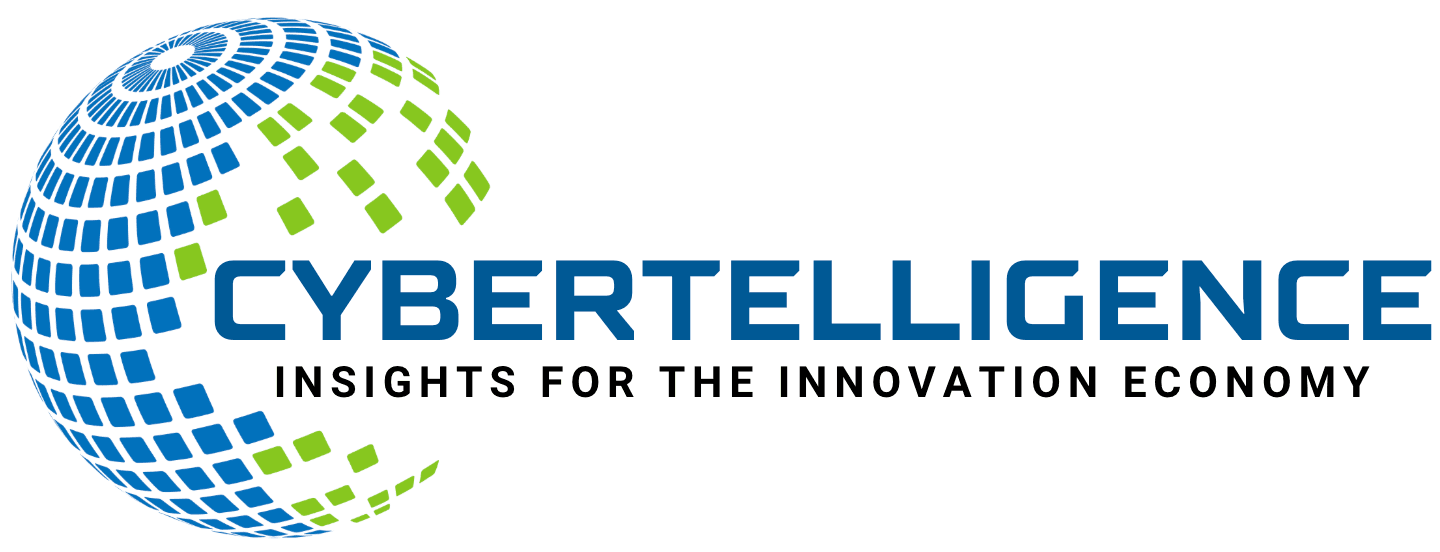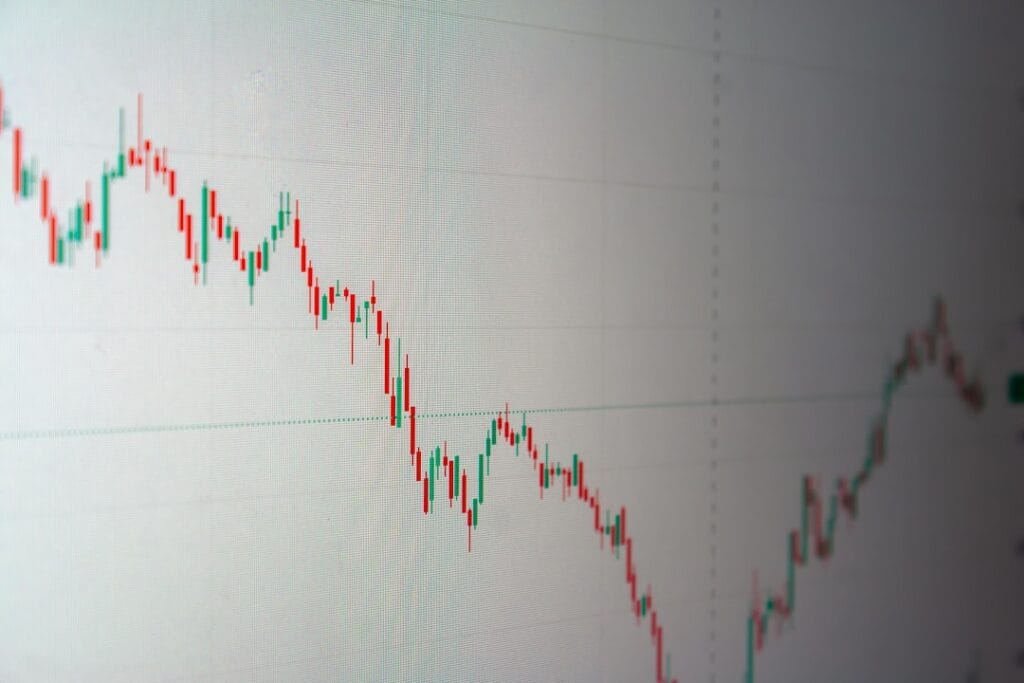Blockchain technology has emerged as a transformative force in the digital landscape, capturing the attention of industries and individuals alike. At its core, blockchain is a decentralized ledger that records transactions across multiple computers in such a way that the registered transactions cannot be altered retroactively. This inherent security feature, combined with transparency and immutability, makes blockchain a compelling solution for various applications.
As you delve deeper into this technology, you will discover how it not only enhances security but also fosters trust among participants in a network. The concept of blockchain was first introduced with the advent of Bitcoin in 2009, but its potential extends far beyond cryptocurrencies. Today, you can see blockchain being explored in diverse fields such as finance, supply chain management, healthcare, and even entertainment.
The decentralized nature of blockchain eliminates the need for intermediaries, streamlining processes and reducing costs. As you explore the various applications of blockchain technology, you will begin to appreciate its potential to reshape industries and redefine how we interact with digital information.
Key Takeaways
- Blockchain technology is a decentralized, distributed ledger that securely records transactions across multiple computers.
- Blockchain has the potential to disrupt traditional industries by increasing transparency, security, and efficiency.
- In the financial sector, blockchain is revolutionizing processes such as payments, settlements, and identity verification.
- Blockchain is playing a crucial role in supply chain management by improving traceability, reducing fraud, and enhancing trust among stakeholders.
- In healthcare and pharmaceuticals, blockchain is enabling secure and interoperable data sharing, as well as tracking the provenance of drugs.
The Impact of Blockchain on Traditional Industries
As you examine the impact of blockchain on traditional industries, it becomes evident that this technology is not merely a passing trend but a fundamental shift in how businesses operate. Industries that have long relied on centralized systems are now exploring decentralized alternatives that promise greater efficiency and security. For instance, in the banking sector, blockchain can facilitate faster transactions and reduce the risk of fraud by providing a transparent record of all activities.
This shift not only enhances operational efficiency but also builds customer trust. Moreover, traditional industries are beginning to recognize the potential of blockchain to streamline their supply chains. By providing real-time visibility into the movement of goods, blockchain can help companies reduce delays and improve inventory management.
As you consider these changes, it’s clear that the adoption of blockchain technology can lead to significant cost savings and improved customer satisfaction. The ripple effects of these innovations are likely to be felt across various sectors, prompting businesses to rethink their strategies and embrace new technologies.
How Blockchain is Revolutionizing the Financial Sector

In the financial sector, blockchain is revolutionizing how transactions are conducted and recorded. You may have heard about cryptocurrencies like Bitcoin and Ethereum, but the implications of blockchain extend far beyond digital currencies. Financial institutions are increasingly adopting blockchain to enhance their services, reduce transaction costs, and improve security.
By enabling peer-to-peer transactions without intermediaries, blockchain can significantly speed up processes such as cross-border payments and remittances. Furthermore, blockchain technology is paving the way for innovative financial products and services. Decentralized finance (DeFi) platforms are emerging, allowing users to lend, borrow, and trade assets without relying on traditional banks.
As you explore this landscape, you will find that DeFi not only democratizes access to financial services but also empowers individuals to take control of their financial futures. The potential for smart contracts—self-executing contracts with the terms directly written into code—further enhances the efficiency of transactions, making them more secure and less prone to disputes.
The Role of Blockchain in Supply Chain Management
| Metrics | Description |
|---|---|
| Transparency | Blockchain provides a transparent and immutable record of transactions, enhancing visibility across the supply chain. |
| Traceability | Blockchain enables the tracking of products from their origin to the final destination, improving traceability and accountability. |
| Efficiency | By automating processes and reducing paperwork, blockchain can streamline supply chain operations and improve efficiency. |
| Security | Blockchain’s decentralized and cryptographic nature enhances the security of supply chain data and reduces the risk of fraud or tampering. |
| Cost Savings | Implementing blockchain in supply chain management can lead to cost savings through reduced administrative expenses and improved inventory management. |
When it comes to supply chain management, blockchain technology offers unprecedented transparency and traceability. You might be surprised to learn that many companies are now using blockchain to track products from their origin to the end consumer. This level of visibility allows businesses to verify the authenticity of goods, reduce counterfeiting, and ensure compliance with regulations.
As you consider the implications of this technology, it becomes clear that blockchain can enhance accountability throughout the supply chain. Additionally, blockchain can facilitate better collaboration among stakeholders in the supply chain ecosystem. By providing a shared platform for all parties involved—from manufacturers to retailers—blockchain fosters trust and reduces disputes.
You may find it interesting that companies like Walmart and IBM are already leveraging blockchain to improve food safety by tracing the journey of products from farm to table. This not only enhances consumer confidence but also enables quicker responses to food safety issues when they arise.
Blockchain’s Influence on Healthcare and Pharmaceuticals
In the healthcare sector, blockchain technology holds immense promise for improving patient care and data management. You may be aware that healthcare data is often fragmented across various systems, making it challenging for providers to access comprehensive patient information. Blockchain can create a unified and secure platform for storing medical records, allowing healthcare professionals to access accurate data in real time.
This not only enhances patient outcomes but also streamlines administrative processes. Moreover, blockchain can play a crucial role in combating counterfeit drugs in the pharmaceutical industry. By providing an immutable record of a drug’s journey from manufacturer to pharmacy, blockchain ensures that patients receive genuine medications.
As you explore this application further, you will see how it can enhance trust between patients and healthcare providers while also improving regulatory compliance. The potential for blockchain to transform healthcare is vast, offering solutions that can lead to better patient experiences and improved public health outcomes.
Transforming the Real Estate Industry with Blockchain

The real estate industry is another sector ripe for disruption through blockchain technology. Traditionally characterized by lengthy processes and extensive paperwork, real estate transactions can be cumbersome and time-consuming. However, with blockchain’s ability to facilitate secure and transparent transactions, you will find that buying or selling property can become significantly more efficient.
Smart contracts can automate various aspects of real estate transactions, reducing the need for intermediaries such as lawyers or title companies. Additionally, blockchain can enhance property title management by providing a secure and tamper-proof record of ownership. You may be intrigued to learn that some cities are already experimenting with blockchain-based land registries to simplify property transfers and reduce fraud.
This innovation not only streamlines transactions but also increases transparency in property ownership history. As you consider these advancements, it becomes clear that blockchain has the potential to reshape how real estate operates, making it more accessible and efficient for all parties involved.
Blockchain’s Disruption of the Energy Sector
The energy sector is undergoing a significant transformation thanks to blockchain technology. You might be surprised to learn that blockchain can facilitate peer-to-peer energy trading, allowing consumers to buy and sell excess energy generated from renewable sources like solar panels. This decentralized approach empowers individuals to take control of their energy consumption while promoting sustainability.
As you explore this concept further, you will see how it can lead to more efficient energy distribution and reduced reliance on traditional energy providers. Moreover, blockchain can enhance transparency in energy markets by providing a secure record of energy production and consumption data. This level of visibility can help regulators monitor compliance with environmental standards while enabling consumers to make informed decisions about their energy usage.
As you consider these developments, it becomes evident that blockchain has the potential to revolutionize the energy sector by fostering innovation and promoting sustainable practices.
The Future of Blockchain in the Transportation and Logistics Industry
In the transportation and logistics industry, blockchain technology is poised to enhance efficiency and transparency across supply chains. You may have noticed that logistics often involves multiple stakeholders—shippers, carriers, customs officials—each requiring access to accurate information about shipments.
With real-time updates recorded on a decentralized ledger, stakeholders can monitor shipments at every stage of transit. This not only enhances operational efficiency but also improves customer satisfaction by providing accurate delivery estimates.
As you reflect on these advancements, it becomes clear that blockchain has the potential to transform logistics into a more streamlined and reliable process.
Blockchain’s Impact on the Entertainment and Media Industry
The entertainment and media industry is also experiencing significant changes due to blockchain technology. You may have heard about artists using blockchain platforms to distribute their work directly to consumers without relying on traditional intermediaries like record labels or publishers. This shift empowers creators by allowing them to retain more control over their intellectual property while ensuring they receive fair compensation for their work.
Additionally, blockchain can enhance transparency in royalty distribution by providing an immutable record of content usage. As you consider this application further, you will see how it can help eliminate disputes over royalties and ensure that artists are paid promptly for their contributions. The potential for blockchain to reshape the entertainment landscape is vast, offering new opportunities for creators while fostering a more equitable system for content distribution.
Leveraging Blockchain in the Agriculture and Food Industry
In agriculture and food production, blockchain technology offers innovative solutions for enhancing traceability and sustainability. You might be surprised to learn that consumers are increasingly demanding transparency regarding the origins of their food products. Blockchain can provide a secure record of every step in the food supply chain—from farm to table—allowing consumers to verify the authenticity and quality of their food.
Moreover, as you explore this application further, consider how blockchain can help farmers access financing through decentralized platforms that connect them directly with investors. This not only empowers farmers but also promotes sustainable agricultural practices by incentivizing environmentally friendly methods. The potential for blockchain to transform agriculture is significant, offering solutions that benefit both producers and consumers while promoting food security.
The Potential of Blockchain Technology across Industries
As you reflect on the myriad applications of blockchain technology across various industries, it becomes clear that its potential is vast and transformative. From finance to healthcare, supply chain management to entertainment, blockchain is reshaping how businesses operate and interact with consumers. The decentralized nature of this technology fosters trust, enhances security, and streamlines processes—benefits that are increasingly essential in today’s digital landscape.
Looking ahead, it’s evident that as more industries embrace blockchain technology, we will witness continued innovation and disruption across sectors. The possibilities are endless as organizations leverage this powerful tool to create more efficient systems and improve customer experiences. As you consider your own engagement with this technology—whether as a consumer or a professional—it’s important to stay informed about its developments and implications for the future.
The journey into the world of blockchain is just beginning, and its impact will undoubtedly shape our lives in ways we have yet to fully comprehend.
Blockchain technology continues to revolutionize various industries by providing secure and decentralized solutions. As the digital landscape evolves, the intersection of blockchain and artificial intelligence (AI) is becoming increasingly significant. A related article that delves into the latest AI trends and their potential impact on technology sectors, including blockchain, is titled “AI Trends: Microsoft and OpenAI Near Deal as Anthropic’s Valuation Surges and New AI Education.” This article explores the dynamic developments in AI and how they might influence future technological advancements. You can read more about these trends by visiting the article here.
FAQs
What is blockchain technology?
Blockchain technology is a decentralized, distributed ledger system that records transactions across many computers in such a way that the registered transactions cannot be altered retroactively.
How does blockchain technology work?
Blockchain technology works by creating a chain of blocks, where each block contains a list of transactions. These blocks are linked together using cryptography, and each block contains a unique hash, a timestamp, and the previous block’s hash.
What are the benefits of blockchain technology?
Some of the benefits of blockchain technology include increased security, transparency, and efficiency. It also eliminates the need for intermediaries in transactions and reduces the risk of fraud.
What are some common use cases for blockchain technology?
Blockchain technology is commonly used in cryptocurrency transactions, supply chain management, voting systems, and identity verification. It is also being explored for use in areas such as healthcare, real estate, and legal contracts.
What are the potential drawbacks of blockchain technology?
Some potential drawbacks of blockchain technology include scalability issues, energy consumption concerns, and the potential for illegal activities such as money laundering and tax evasion. Additionally, the technology is still relatively new and may face regulatory challenges in some jurisdictions.




